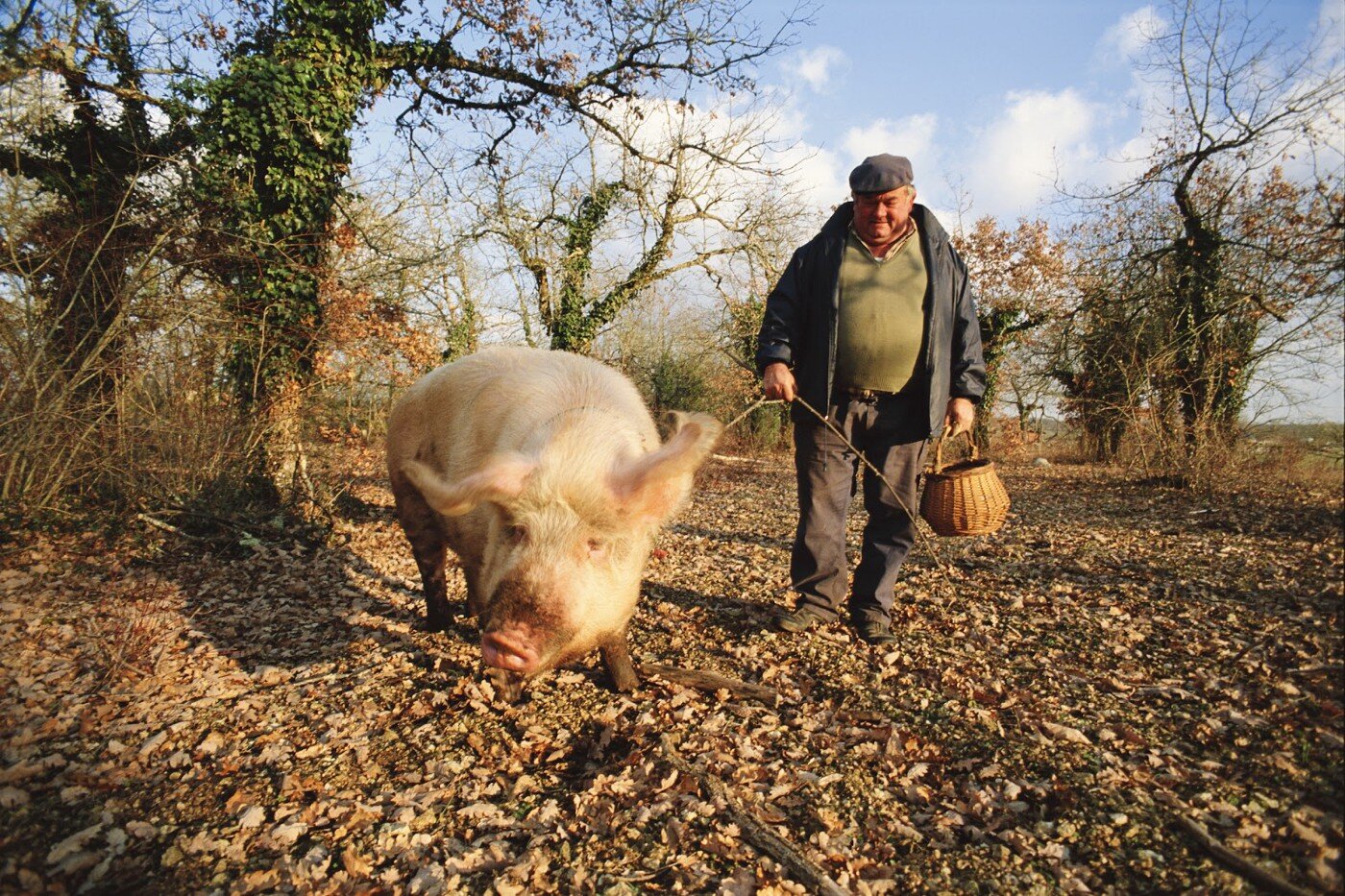Over the last several weeks, we’ve talked about the State of Hiring in the COVID-19 era, and the challenges and opportunities that have arisen for hiring managers as a result. As the survey results showed, organizations faced myriad talent challenges pre-pandemic that have only been magnified in the months since. In a world of data-driven decision-making, hiring managers still place far more emphasis on their gut instinct rather than data!
Read MoreIn our last blog post for the series on the State of Hiring in the COVID-19 era, we covered how hiring managers tend to rely more on instinct over data in their hiring process. What we found, was that one of the major consequences of hiring managers’ reliance on instinct over data, and more generally, organizations’ inconsistent practices was that hiring managers have less confidence in the hiring process.
Read MoreGiven that challenges presented to hiring managers in the midst of a global pandemic are relatively widespread, it begs the question: What do hiring managers actually want their organizations’ hiring process to look like?
Read MoreIn the midst of what continues to feel like a rollercoaster of social and economic upheavals, organizations are faced with a once-in-a-generation need to rebuild their systems and practices for the long-haul– in a way that even the 2008-09 Great Recession did not demand.
Read MoreFirst, let’s define it: “Teamwork is the process of having two or more people working cooperatively and collaboratively on a specific task.” (Vittana, 2020.) Also according to Vittana’s blog (link below), these are some of the lofty and positive things we hope for when employing teams:
Read MoreAbout 13 years ago, Tim Brennan (CEO of Canada’s Hire Right, Inc.) wrote this article for my newsletter. I’ve reprinted it twice in the past, because his point is timeless! I must admit, though, I had never put it in the context of our current series on pigs as a metaphor for candidates, but consider this…
Read MoreWhether it’s a negative co-worker bringing down morale (“Come on down here in the mud with me”), turf wars, disagreements or differences of opinion, workplace conflict is nearly always detrimental to employee engagement, performance and productivity.
Read MoreThis medium-sized hotel sits on the banks of a beautiful river in a metro area of about 350,000 people. It has enjoyed its reputation as the leader in its market for over 15 years, and incorporates a fine dining restaurant, a wide choice of room types, and extensive meeting and banquet facilities.
Read MoreAs an employer, you have three places you can deal with lazy, unreliable, drug abusing, dishonest members of our workforce: 1. Before you let them in your front door; 2. While they’re in your house; 3. As you kick them out the back door. Unfortunately, in our current legal and social system, only one of those places is cheap.
Read MoreOver ten years ago, in an article in Employer’s Advantage Newsletter, we mentioned in passing: “As far back as most of us care to remember, HR has tracked ‘turnover’ as one of our few consistent metrics. As commonly used, however, turnover is at best a hodgepodge statistic…”
Read MoreThis manufacturer of recreational vehicles had been in the business for over 30 years. The management team was seasoned, production lines were efficient, but the rate of failures in their new production hires was simply unacceptable: a worker hired today had a less than 50% chance of still being on the job after 6 months.
Read MoreIn part one of this 2-part series, we talked about the effects of reducing early hire failure on the lost-time accident rates of different businesses. The effects of that simple process, using a prehire assessment to accomplish those reductions, were large and dramatic improvements in the profitability.
Read MoreIf your business is repairing live electricity transmission lines, you probably think a lot about safety! On the other hand, if you’re a retail operation, it’s probably not been front of mind until lately. Most businesses think more about safety after an obvious breach or incident…but, by then, the horse has left the barn.
Read More












